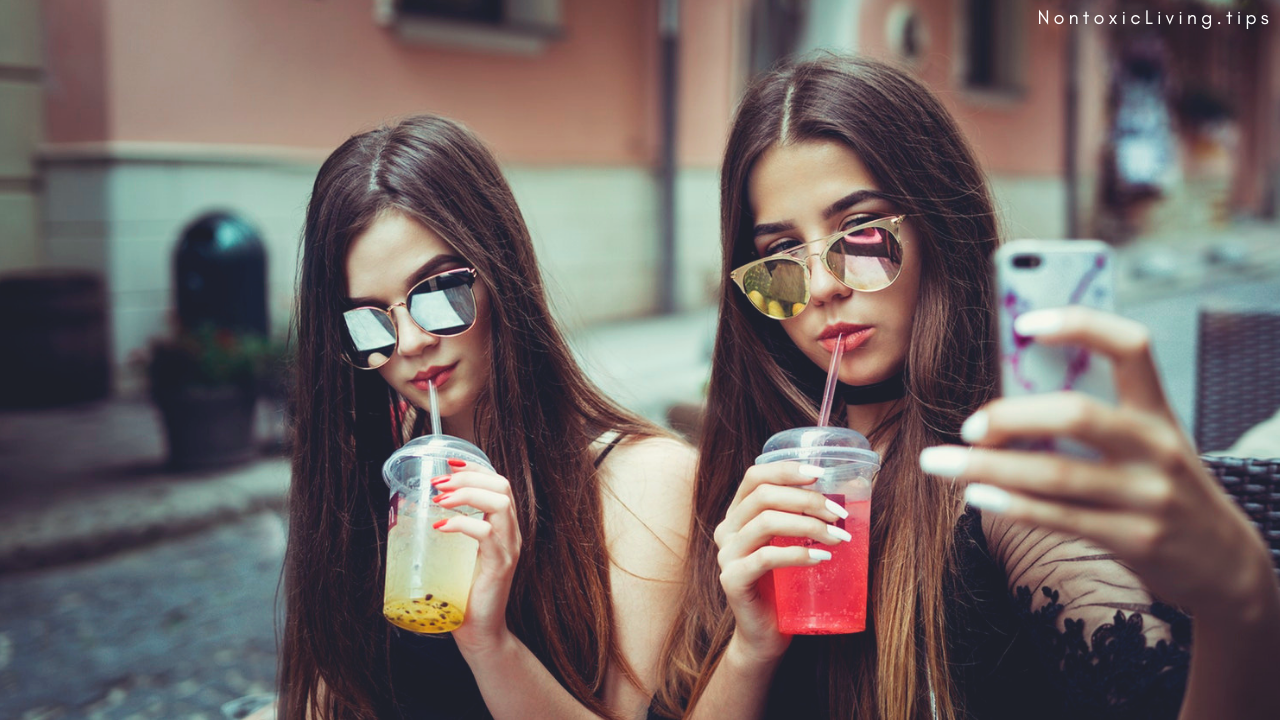
Does Our Selfie Culture Foster Narcissism?
Sep 18, 2018by editorial team and Sophia Ruan Gushée
Selfies—self-portrait photos taken by one’s smartphone—is a modern phenomenon.
24+ billion
estimated number of selfies that were posted on Google's servers in one year (Google 2016)
93+ million
estimated number of "selfies" taken each day by just Android users (Silicon Valley Business Journal 2014)
Cell phone accessories—selfie mirrors and lighting—are available to improve selfies. Selfies can become an even more creative endeavor through filters and other features offered by popular apps—like Instagram, Facebook, and Snapchat. These apps enable selfie enthusiasts to embellish their selfies further: One can add a flower crown, cat ears, doe eyes, or other silly features to their photos.
People of all demographics post selfies—from an average teen to elected politicians to celebrities.
With the overwhelming popularity of selfies, it's natural to wonder (especially by parents) if a selfie-centric culture will nurture narcissism. Scientists have weighed in on this topic and the results may surprise you. Read on to learn more.
What is narcissism?
Named after the Greek mythological figure Narcissus, who was known for his excessive pride in his beauty, narcissism can be broken down into two types.
- Clinical narcissism, which is also known as Narcissistic Personality Disorder (NPD), affects less than 1% of the population. People with NPD lack empathy, suffer from an inflated sense of self-importance, require constant admiration, and can have problems in many areas of their life, such as school, work, finances, or relationships. An individual diagnosed with NPD may require psychotherapy to work through these issues.
- Sub-clinical narcissism is the second type. Sub-clinical narcissists possess many traits present in NPD, but on a lesser scale.
Do selfies cause narcissism?
Approximately 70 studies between November 2014 and November 2017 were published on the topic of selfies and narcissism. Some studies investigated the link between selfies and personality traits such as being self-centered; other studies examined the association between taking selfies and mental illness.
Two findings emerged from this research.
- People exhibiting narcissistic traits do not post more selfies than those lower in narcissism.
- People high on the narcissistic scale do not actually post more selfies than the general population.
So, the evidence indicates that narcissists do not post more selfies than non-narcissists. Selfies are not associated with narcissism.
Regardless, parents should be mindful of their children's selfie behavior, particularly if they are shared online. Posting selfies and other personal information on Facebook, Instagram, Snapchat, and other websites can increases other risks, especially for children. Discuss internet safety with your child and review their privacy settings with them to improve their safety.
Register below to join our digital detox community for more tips on developing a healthier relationship with technology.



